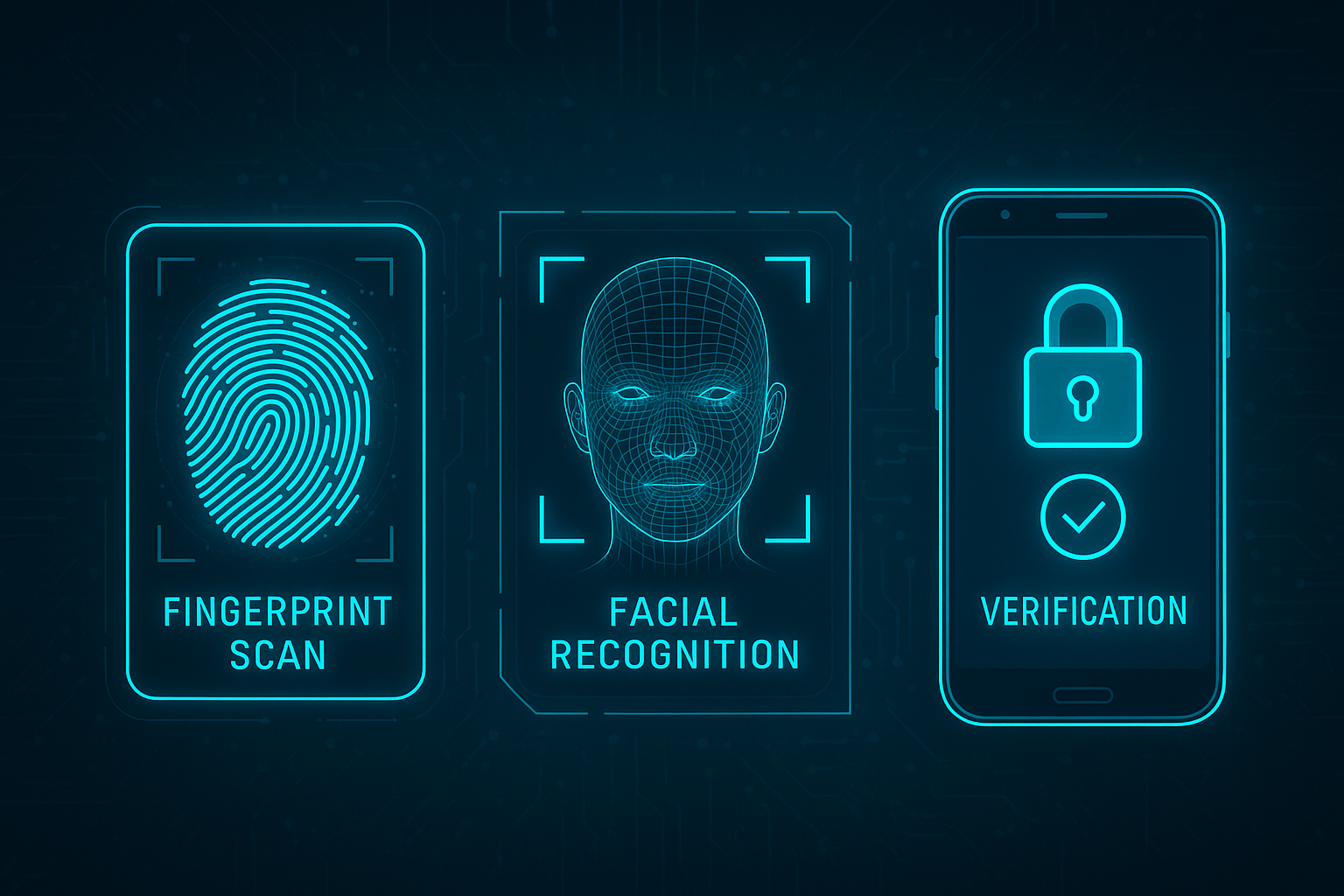You lock your front door, your car, and maybe even your phone. So why are you using a flimsy lock for your digital life? For many cybercriminals, weak passwords are the easiest way in. They are the "low-hanging fruit" that gets picked first.
Why Are Passwords So Important?
Your password is the first, and sometimes only, barrier between a hacker and your sensitive data—be it your email, bank account, or work documents. A weak password is like leaving your key under the doormat; it's the first place an attacker will look.
Common Password Mistakes to Avoid:
Using Personal Information: Your name, birthday, or pet's name are easily found on social media.
Simple Patterns: 123456, password, and qwerty are always at the top of "most common passwords" lists.
Reusing Passwords: If one site gets breached, hackers will try that same email/password combination on every other major site.
How to Build a Fortress, Not a Fence:
Length Over Complexity: A long password is harder to crack than a short, complex one. Aim for at least 12-16 characters. Think of a passphrase: BlueCoffeeMug$OnMyDesk! is long, memorable, and strong.
Use a Password Manager: Tools like Bitwarden, 1Password, or LastPass generate and store strong, unique passwords for every site. You only need to remember one master password.
Enable Two-Factor Authentication (2FA): This adds a second step, like a code from your phone, making it much harder for attackers to get in, even if they have your password.
Stop being an easy target. By taking a few minutes to strengthen your passwords, you can defeat a massive percentage of automated cyber attacks.


